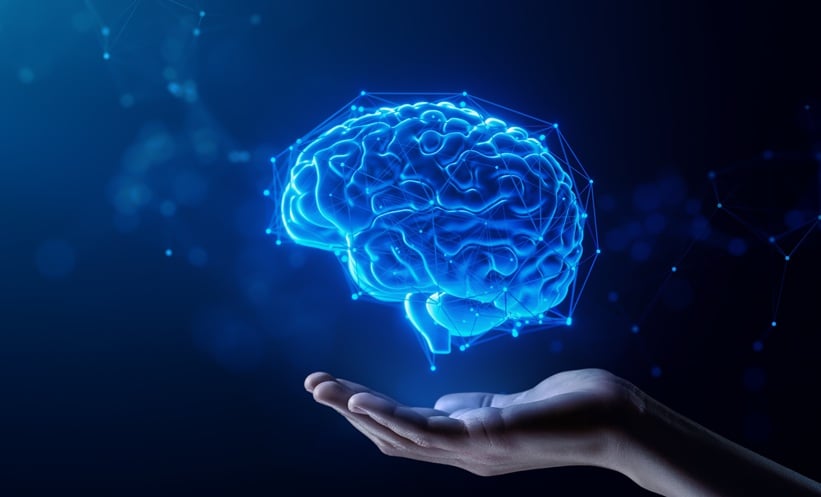A BREAKTHROUGH test for depression could soon make early diagnosis faster, cheaper, and more accessible. Brazilian scientists have created a portable saliva-based biosensor that measures brain-derived neurotrophic factor (BDNF) levels in under three minutes, potentially transforming how mental health conditions are detected and monitored.
How the Test for Depression Could Change Early Diagnosis
The new test works by analysing a single drop of saliva for BDNF, a protein vital for brain cell growth and maintenance. Low levels of BDNF are linked to mental health conditions such as depression, schizophrenia, and bipolar disorder, as well as cognitive decline. Traditionally, testing BDNF requires costly, laboratory-based methods that are time-consuming and invasive. This innovation offers an affordable, portable, and noninvasive alternative, with each unit costing just $2.19.
Methods and Key Findings
Researchers tested the biosensor’s ability to detect minute concentrations of BDNF in saliva, ranging from 10⁻²⁰ to 10⁻¹⁰ grams per millilitre. The device provided reliable results in less than three minutes using electrochemical impedance spectroscopy, a technique that measures resistance changes when the protein binds to specific antibodies on the sensor’s surface. This flexible strip features three electrodes printed on polyester film, connected to a portable analyser that wirelessly transmits results to a smartphone. It demonstrated excellent selectivity, reproducibility, and long-term storage capability. With an estimated cost of $2.19 per unit, the device outperformed other sensors and could become an invaluable test for schizophrenia and other psychiatric disorders by signalling changes in BDNF that reflect disease progression or recovery.
Clinical Significance and Future Applications
This low-cost biosensor represents a major step toward accessible mental health diagnostics. As a test for depression, it could enable earlier intervention and better treatment monitoring, particularly where psychiatric care is limited. Clinicians may one day use it alongside other tools to track patients’ cognitive health and adjust therapies in real time. Researchers plan to seek patent approval and explore clinical trials to validate its accuracy across broader populations. If successful, this technology could pave the way for rapid, personalised mental health screening worldwide.
Reference
Gomes NO et al. Low-cost, disposable biosensor for detection of the brain-derived neurotrophic factor biomarker in noninvasively collected saliva toward diagnosis of mental disorders. ACS Polymers Au. 2025;5(4):420-31.








